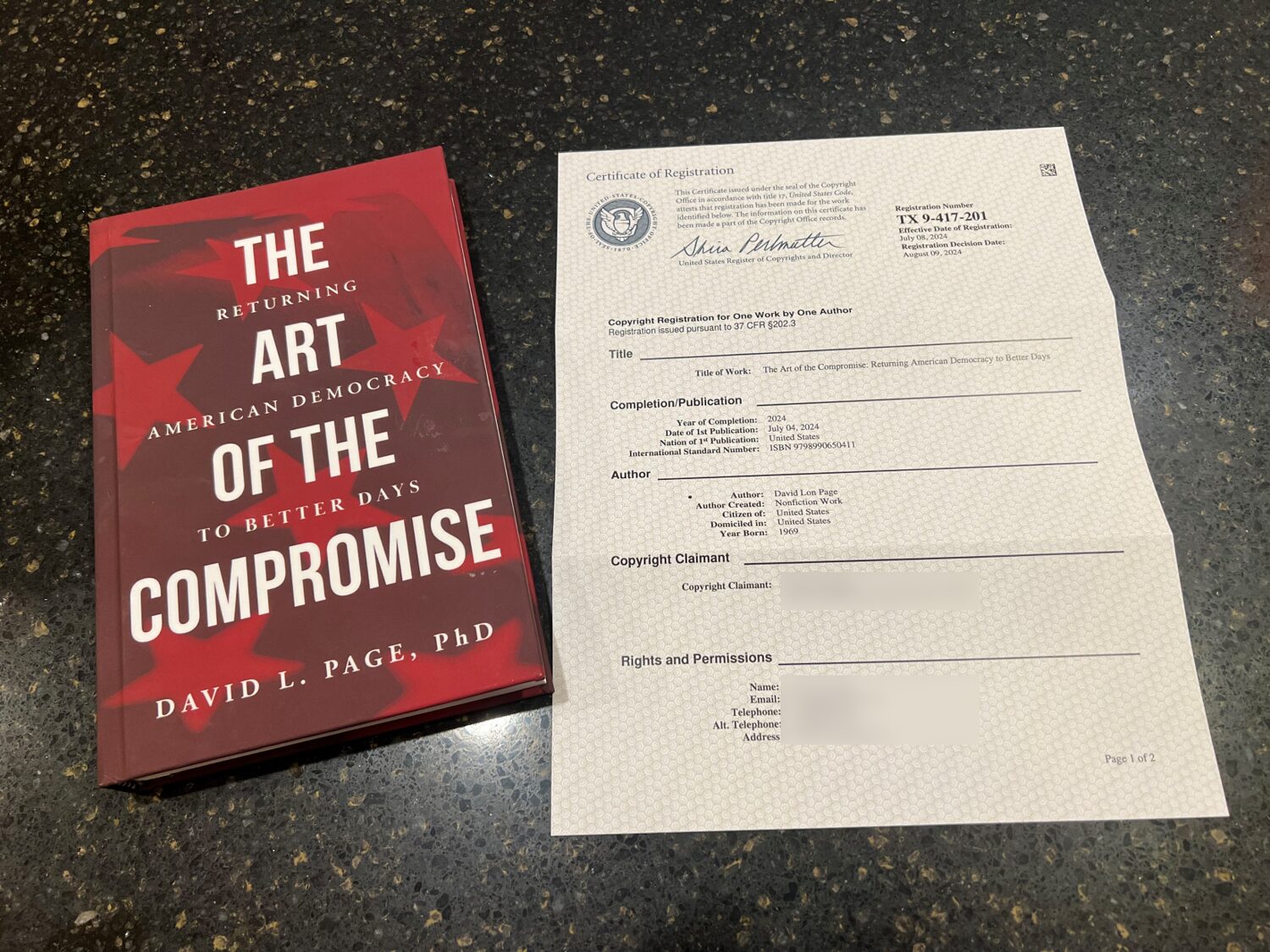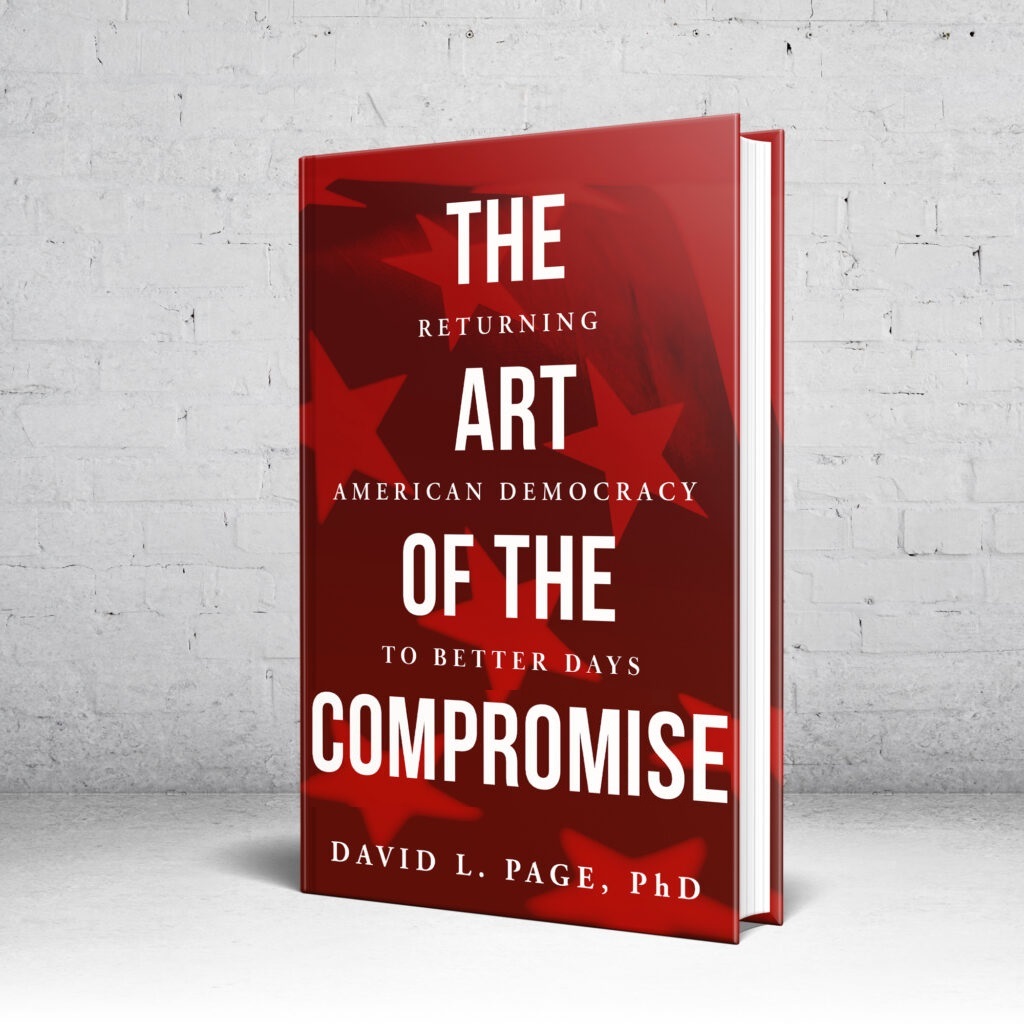Free speech under fire: what Charlie Kirk’s murder reveals about us, not them.
I am a conservative and a Republican. And like many others, I felt anger when I heard that Charlie Kirk had been murdered. The word murder should stop the conversation, but it never does. Within hours, the noise began—the speculation, the blame, the celebration. Then came something I did not expect: the anger of young conservatives who spoke as if the act belonged to them—the other side, as if the Left had collectively murdered Kirk.
Yet as the facts have emerged, a clearer picture has formed. The alleged gunman appears to have acted alone—a sick mind, not a puppet in some grand Left-wing conspiracy. We like to blame Them because moments like this one seem to demand a larger villain—something bigger than a lone idiot. But more often, the truth is smaller and sadder: a small mind armed with a weapon and aimed at a larger-than-life voice. Senseless acts rarely come with satisfying explanations, and that absence of meaning leaves a wound that anger rushes to fill.
That tone was the one I heard in the voices of those young conservatives—anger mixed with grief, loyalty tangled with loss. They had lost a man they admired and wanted justice. An eye for an eye. I do not fault them for that emotion. Loyalty is a virtue. But every virtue carries a shadow. The same fire that defends the truth can also burn one’s own house down.
In their voices, I heard pain searching for a target. They blamed the culture, the media, the “Left.” And they said what too many of us now say: that those individuals who cheered the killing are just as guilty as the killer. I understand the impulse. It feels good to draw the line, to name the enemy.
When I pressed one young man on what that meant—whether he believed there should be legal consequences for someone who merely said the wrong thing—he did not hesitate. “Oh yes,” he said. “They should get jail time.” That answer sadly stirred my soul. Here was a young conservative wanting to prosecute and jail someone for free speech.
This moment reminded me that liberty without restraint becomes license, and restraint without liberty becomes tyranny. The genius of the American design—what the Founders called the Republic—was to bind the two together so that passion could serve principle rather than devour it.
I was moved not because I doubted his sincerity, but because I recognized his certainty. In that certainty, I heard something far older than outrage. I heard the age-old temptation to punish speech we despise, to mistake pain for justice, to replace moral strength with state power.
But that instinct—to make speech itself a crime—is not strength but surrender.
While I believe there should be consequences for those who celebrated Kirk’s murder—social, moral, and reputational ones—freedom of speech does not mean freedom from responsibility. It does, however, mean government protection of that speech. Shame can be a civic tool; prosecution cannot. The difference marks the boundary between a free republic and a frightened one.
The Founders knew the danger of passion ungoverned. They designed a republic to slow it down—to give time for reason to catch up. Free speech is one of those firebreaks. It protects us not only from censorship, but from ourselves.
It is easy to defend speech when it praises what we love. The real test comes when the words disgust us—when people mock a man’s death or twist faith into cruelty with words alone. Sticks and stones may break my bones, but words will never hurt me. Such speech—as disgusting as it may be—is when the First Amendment matters most.
The young men I heard speaking did not sound cruel. They sounded wounded. They reminded me that outrage is often grief wearing armor. We live in a culture that tells us outrage is strength, but it is not. The hard thing—the strong thing—is to stay faithful to principle even when the blood is hot, when passions are high.
Charlie Kirk’s death was an attack on life, not a referendum on speech. If we respond by silencing others, then the assassin wins twice.
There is no “them” in free speech. There is only us—the imperfect heirs of a promise written in the heat of revolution and tested in the cold of reason. The Republic endures not because we shout the loudest, but because, when the shouting stops, we still listen. Charlie Kirk’s life reminds us that free speech is not only the right to speak but the discipline to listen. Because the villain here was not a movement, but a mind that mistook a gun for meaning.
Disclaimer: This post was written with the help of ChatGPT. The ideas, mistakes, and meaning are mine; the syntax had a little help from silicon.


